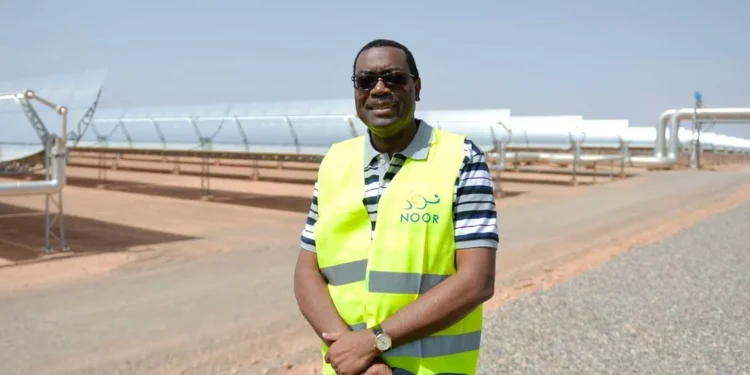“Africa is tired of being in the dark,” said Akinwumi Adesina in 2016. Nine years later, the President of the African Development Bank (AfDB) is leading a continent-wide push that has brought electricity to over 25 million people. The mission remains clear: to light up Africa and position energy as a strategic driver of sustainable growth. As the AfDB holds its 2025 Annual Meetings in Abidjan, the Bank reaffirms its commitment to mobilizing the continent’s own resources for its transformation.
Lesotho plans to boost its economy with a $2.3 Billion water project
With over $12.7 billion invested between 2016 and 2024, the Bank has spearheaded major initiatives to expand electricity access. From rural communities in the Sahel to urban neighborhoods in Egypt, energy projects are accelerating local development. Renewable energy is emerging as an efficient and affordable solution—one that reduces poverty, creates jobs, and improves public health, particularly for women and children exposed to harmful smoke from traditional cooking methods.
Flagship projects like the Benban Solar Park in Egypt and the Noor Ouarzazate complex in Morocco have turned arid lands into global showcases of energy innovation. Led by African engineers, these infrastructures demonstrate not only the continent’s resource wealth but also its talent and capacity to lead the energy transition. In 2024 alone, the AfDB enabled the generation of over 1,000 MW and financed more than 2,300 kilometers of transmission lines.
The partnership between the AfDB and the World Bank, launched in January under the banner of “Mission 300,” aims to connect 300 million people to electricity by 2030. Initiatives such as Desert to Power, SEFA, and the Africa Energy Marketplace are helping African countries attract investment, reform regulatory frameworks, and prioritize sustainable solutions. Twelve countries have already committed to bold energy reforms, marking the start of a new era for the sector.
Energy is no longer a gap—it is fast becoming a competitive advantage for Africa. By embracing clean technologies and inclusive models, the continent is not only lighting up its cities and villages, but also powering opportunities for millions. In Adesina’s words: “Renewable energy is not just an option—it is Africa’s future.” That future is already underway.









